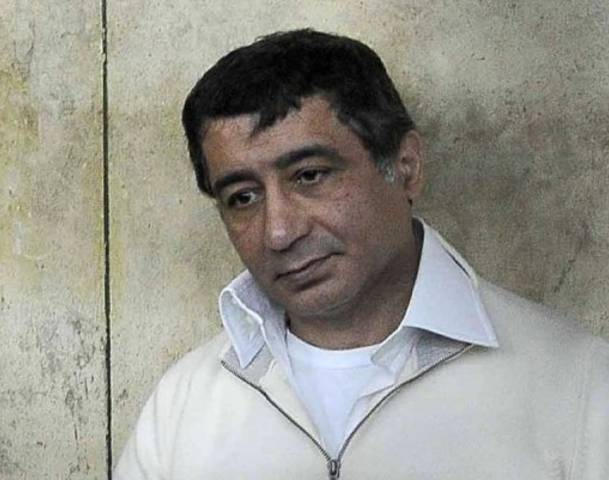By Sally Sami

When we speak of and demand human rights we should not by all means act as if some people deserve more rights than others. Humans are equal all over the world and have equal rights. No one deserves more rights than others on any basis. When reading any human rights treaty we find in the first articles an emphasis on non-discrimination on the basis of gender, sex, ethnicity or race, et cetera. For this reason, defending human rights is a universal cause.
Unfortunately, in practice this is not the case. The international community tends to turn a blind eye to human rights violations in specific countries and at specific historical moments for political or strategic reasons. Bahrain highlights the use of double standards when defending rights. I write this article in solidarity with my friends and fellow human rights defenders in Bahrain who have been imprisoned for exercising their right to freedom of expression, peaceful assembly and for being at the forefront of defending rights in their country.
Over the last two years we have seen pro-democracy movements across the region take to the street to demand their rights. Bahrain was no different; protests demanding reform and democracy. The movement was brutally quashed. Until today we see attempts to revive this movement but it is quickly met with brutality and violence. Scores of people have been arrested and imprisoned, even the most known and respected human rights defenders. Here I will mention only a few of many other brave activists who have chosen a life of struggle not only for themselves but also for humanity as a whole.
Abdul Hadi Al-Khawaja is serving a life sentence handed down by a military court in June 2011 after being accused of attempting to depose the king of Bahrain. Al-Khawaja is a human rights defender and activist. I first met him in 2009 in Dublin when he used to work for Front Line Defenders. At the time, we were discussing how we could support human rights activists across the region. He returned to Bahrain with hope that the rise of pro-democracy movements in the region would bear fruit. Saddening as it is, we still wait to see human rights and democracy upheld. He joined the movement and was courageously outspoken, documenting and exposing the crackdown on protesters which saw scores of people killed. He was arrested from his daughter’s home in 2011 and was tortured and made to confess under duress. With no other evidence backing the accusations, he was sentenced to life imprisonment by a military court. In March he started a 110 day hunger strike, which he ended after being re-tried by a civilian court, which upheld the life sentence. His daughters, Zeinab and Mariam, continue the battle for human rights against all odds and challenges. Zeinab, who remains in Bahrain, suffers from intimidation. She is regularly arrested and released and a total of 13 cases have been brought against her. Her sister, Mariam, is now out of the country, where she has been representing the Bahraini human rights movement in different conferences and gatherings.
Nabeel Rajab is the president of the Bahrain Centre for Human Rights and is on the advisory board of several organisations, such as Human Rights Watch’s MENA Program and the International Advocacy Program of the Cairo Institute for Human Rights Studies. He was convicted for organising and participating in illegal demonstrations, and was sentenced to three years in prison on 16 August. This sentence was passed while Nabeel was serving a three month sentence for allegedly insulting the people of Muharraq (a town just outside of the capital city Manama) on the basis of a tweet he wrote in June calling from the prime minister to resign and describing him as being unpopular in the town. While other activists where being arrested, tortured and imprisoned, Nabeel continued to speak out and chose not to be silenced by the threats he received.
Human rights defenders in Bahrain continue to suffer from harassment and intimidation. Nonetheless they have proven to the authorities and to the world that they are determined and set to see a democratic Bahrain that treats all its citizens equally and respects human rights. What the Bahraini authorities need to know and recognise is that they can put away as many human rights defenders in prison as they will, but the struggle for dignity will never end. History has shown all over the world that people will continue to fight for their rights. Generation after generation we see a growing human rights movement in our region. My final message is to the international community and the United States in particular. Human rights are for all and defending the rights of people regardless of their race, religion, ethnicity is the only logical strategic interest that we all should aspire to achieve. Without dignity there will be no stability, peace and prosperity in our region.




